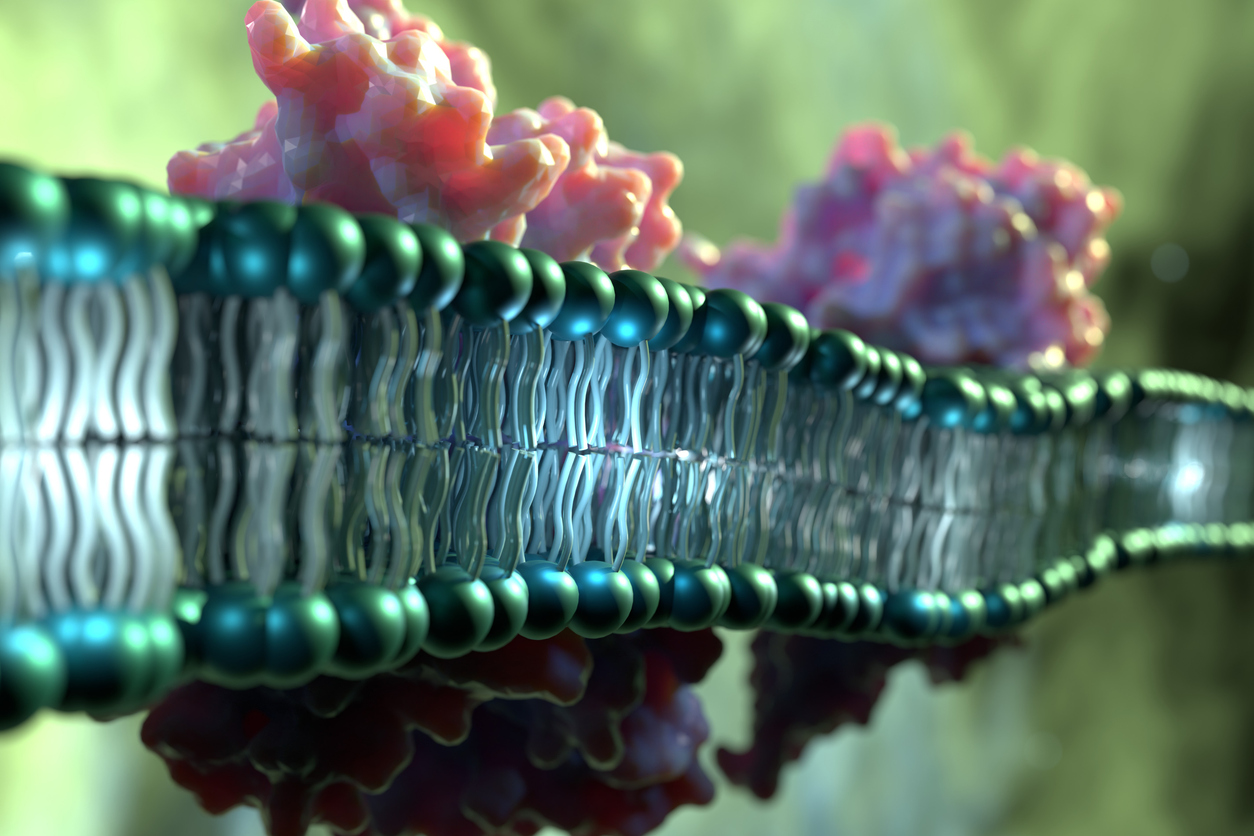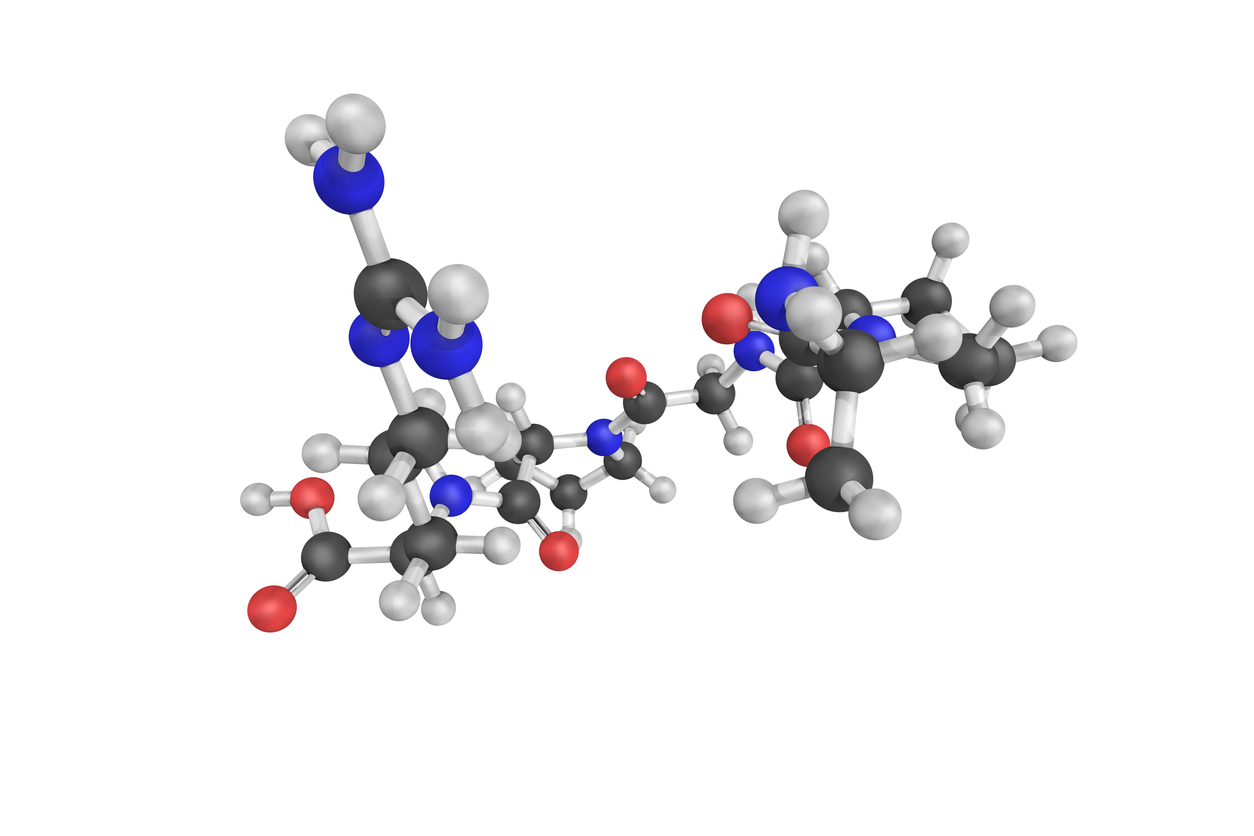Expert Knowledge
29/5/2024
Revolutionizing Skin Cancer Treatment: How mRNA Vaccines are Paving the Way During Skin Cancer Awareness Month
.jpg)
Skin cancer is a growing health concern, with cases rising dramatically in recent decades. May is Skin Cancer Awareness Month, making it the perfect time to discuss emerging treatments against skin cancer. Recent scientific and technological advancements mean that there are exciting novel therapeutic modalities with significant promise to transform skin cancer care, including mRNA vaccines.
How do mRNA vaccines work?
Unlike traditional vaccines, which work by introducing weakened or dead versions of a virus to stimulate an immune response, mRNA vaccines teach our cells to produce harmless pieces of viral or tumor proteins. This trains the immune system to recognize and destroy cancer cells displaying these proteins. The collaborative and cumulative efforts of many scientists and organizations, including Dr Katalin Karikó, Dr Drew Weissman, Pfizer-BioNTech, and Moderna, among others, led to the rapid development and deployment of mRNA vaccine technology during the COVID-19 pandemic
mRNA vaccine technology as a treatment for skin cancer
Early research shows that mRNA vaccines could be a game changer for melanoma, the deadliest form of skin cancer. Several key clinical trials have evaluated mRNA vaccines for their potential as treatments against melanoma and other skin cancers. In one collaborative study led by BioNTech, personalized mRNA vaccines were shown to trigger T-cell immune responses in 13 out of 16 patients with melanoma. In addition, four patients in this study also had complete regression of metastases. While more testing is needed, this study, as well as a host of others (e.g., Kreiter et al., (2010), Linnemann et al., (2015), Bassani-Sternberg et al., (2016)) suggest that mRNA vaccines may one day offer a highly targeted therapy for advanced melanoma.
Importantly, mRNA vaccines may also aid early detection and prevention if they are designed against proteins commonly expressed by precursor skin lesions. This could stimulate the immune system to stop lesions from developing into melanoma. Such vaccines could be given to high-risk patients to lower their chances of developing melanoma.
What are the challenges associated with mRNA vaccines
There are several challenges that need to be addressed before mRNA cancer vaccines reach the clinic (see Table 1). Optimizing delivery and dosing schedules are critical, as is selecting the right antigen targets. In addition, most research is at an early phase, so larger trials are needed to confirm safety and efficacy, especially regarding vaccination for long-term prevention.
Table 1: Challenges associated with mRNA vaccine development and potential solutions

How can we help?
While there has been remarkable progress in mRNA vaccine technology, further work is required to improve mRNA stability, delivery, immunogenicity, and production to leverage this technology so it can reach its therapeutic potential.
With our expertise in immuno-oncology and biophysical characterization, as well as our established In-CERT Platform, we can support any stage of your mRNA vaccine development program, from early target validation and proof-of-concept, through to pre-clinical efficacy and safety evaluation, and process development for manufacture.
This Skin Cancer Awareness Month, we are optimistic about the exciting potential of mRNA vaccines and their therapeutic use against different oncology indications, including skin cancer. We are proud to be working with our clients to make melanoma a preventable, treatable disease.







.jpg)

